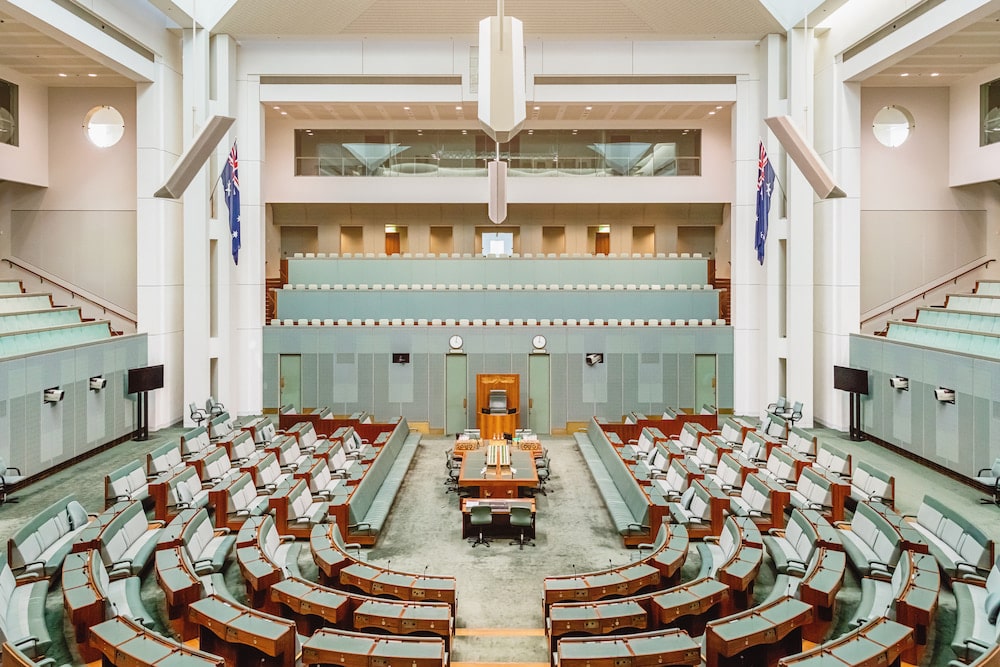Australians want more forward-thinking politics, according to a new report published by university thinktank EveryGen.
EveryGen, convened by the Policy Innovation Hub at Griffith University, is a coalition of multidisciplinary policy experts who want to create an equitable, just and transformative path towards intergenerational justice. Their mission is to highlight the long-term impacts of today’s policy decisions, and to holds decision makers accountable for Australia’s long-term interests.
EveryGen’s new report found that 81 per cent of Australians believe politicians prioritise short-term decisions over long-term planning; 75 per cent think visions for the next 10 to 20 years are neglected in political debates; 97 per cent think current policies should consider the interests of future generations; and 79 per cent support establishing a Commissioner for Future Generations.
“One of the most striking results is the high levels of support across all Australians for political parties that demonstrate a vision for more long-term policymaking,” co-author Dr Elise Stephenson, an Australian National University researcher and deputy director of the Global Institute for Women’s Leadership, said.
“This should give political parties of all stripes the confidence that long-term, intergenerational policymaking is a no-brainer and a ‘win-win’ for governments and the public alike.”
The survey, conducted in February with 1,000 voting-age Australians, shows that top long-term priorities include healthcare, improved wellbeing for children and youth, and more jobs.
However, respondents are less confident in policymakers’ abilities to handle long-term issues like the AUKUS security agreement with the UK and USA, artificial intelligence, and climate action.
“Young people have a more positive view of policymakers’ skills and knowledge than older generations,” Dr Stephenson said.
“Older generations tend to rank health a higher policy concern than young people. Women are much more likely to care about healthcare and wellbeing for children and youth than men are.”
According to the researchers, the results show a clear appetite for a “future-ready” approach to leadership and policymaking.
“There is an undeniable demand for leaders to take bold and courageous action to redefine our political approach,” said co-author Taylor Hawkins, Managing Director of Foundations for Tomorrow, a youth-driven non-profit committed to renewing Australia’s leadership, decision-making and governance approaches.
“Long-term thinking in leadership and policymaking is not a ‘nice-to-have’ or a box to tick. It is a powerful tool that can unlock dividends across society, leading to a healthier, more secure, sustainable, cohesive and prosperous future for all Australians.”
The researchers call for policymakers to take clear action towards intergenerational policymaking.
The report recommends improvements to intergenerational reporting, establishing a body to independently evaluate legislation against intergenerational justice, and introducing a budget statement for future generations.
Co-author Professor Susan Harris Rimmer added: “Futures are created by choices made today. We need to make sure we are thinking carefully about those choices in Australia.”
The full report is available online.



